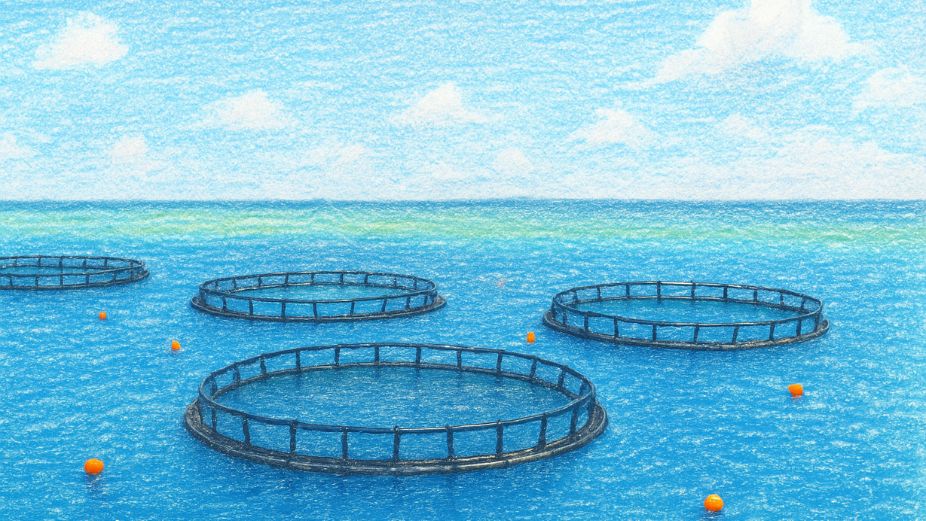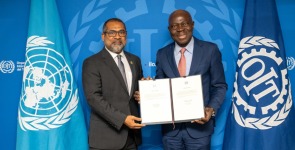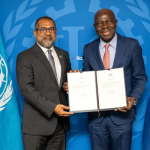
The Maldivian government has amended regulations to allow the lease of lagoons and offshore sea areas, those not under the jurisdiction of island councils, for aquaculture purposes, marking a significant shift in policy aimed at expanding the fishing sector.
Until now, aquaculture activities were limited to uninhabited islands under the Uninhabited Islands Act. The recent changes, introduced through amendments to the 2020 Aquaculture Regulations by the Ministry of Fisheries and Ocean Resources, pave the way for broader utilisation of marine spaces in support of economic diversification and sustainable fisheries development.
Under the revised rules, lagoons and offshore sea areas can be leased to Maldivian citizens, private enterprises, foreign investment companies, or corporate societies registered in the Maldives. However, these leases come with conditions: projects must demonstrate clear economic and public benefit, applicants must show financial and technical capability, and the chosen site must be environmentally suitable for the proposed operations.
The amendment also introduces a structured rent system. For uninhabited islands used for aquaculture, the minimum land rent is set at 10 Laari per square feet per annum. In contrast, the rent for lagoon and offshore areas is set at a lower rate of 5 Laari square feet per annum. To incentivise investment, the Ministry now has the discretion to exempt leaseholders from paying rent for the first 36 months of their agreement.
The policy change reflects the government’s broader efforts to strengthen the fishing sector, with a particular emphasis on aquaculture as a means of enhancing food security, generating employment, and reducing pressure on wild fish stocks.












